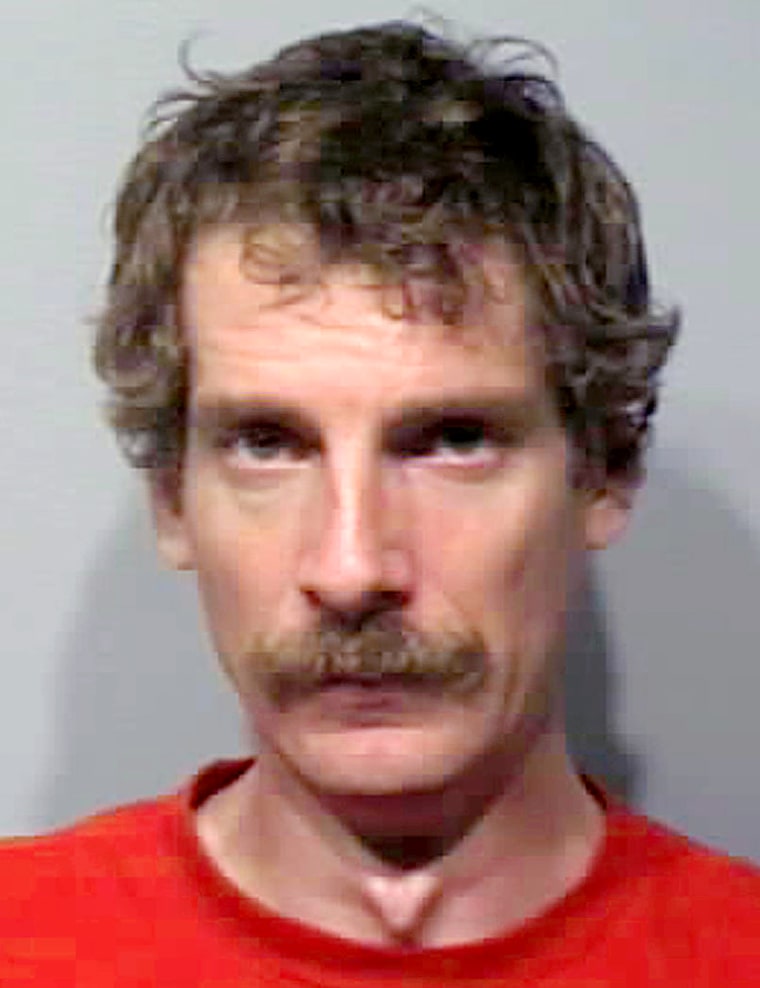As a jury hears prosecutors explain why he should be put to death for killing four members of a family and kidnapping a fifth, a convicted pedophile may offer no substantial counter-argument for why he should live.
Joseph Edward Duncan III is representing himself at his death penalty hearing, joining federal prosecutors Wednesday morning in choosing a jury for the process. Duncan's standby legal counsel, Judy Clarke, has said Duncan doesn't plan to offer any mitigation, such as evidence of his own traumatic childhood.
Opening arguments were expected to begin Wednesday immediately following jury selection.
Duncan isn't new to the legal system. His past is littered with arrests and prison time for crimes ranging from car theft to rape and molestation. He is suspected in the 1996 slayings of two half-sisters from Seattle, and is charged with the 1997 killing of a young boy in Riverside County, Calif.
In 2005, he came to Idaho. He stalked a family and then entered their Coeur d'Alene home, murdering 13-year-old Slade Groene, his mother, Brenda Groene, and her fiance, Mark McKenzie. Then he kidnapped the two youngest, 9-year-old Dylan Groene and then-8-year-old Shasta Groene.
He pleaded guilty to those murders in state court in 2006, and in January 2007 the federal government charged him with 10 felonies for the trauma he inflicted on Dylan and Shasta. They were threatened, sexually abused and tortured in the remote Montana wilderness, where Dylan was killed, according to court documents. Then he packed up Shasta and returned to Coeur d'Alene, stopping in the middle of the night for a meal at a Denny's restaurant, where a waitress recognized Shasta and called police.
In December, Duncan pleaded guilty to the federal charges, clearing the way for a jury to decide his fate.
The case won't be easy, the judge has warned potential jurors. They'll have to review horrendous evidence, including a videotape Duncan made of the "sadistic sexual abuse" of Dylan. They may hear poignant testimony from Shasta, the sole survivor.
What they likely won't hear is any mitigating evidence designed to lighten Duncan's culpability.
Former defense attorneys are serving only as "standby counsel," a sort of legal resource for Duncan as he presents his case.
Clarke has argued in court that Duncan is irrational and not mentally competent to represent himself. U.S. District Judge Edward Lodge disagreed.
